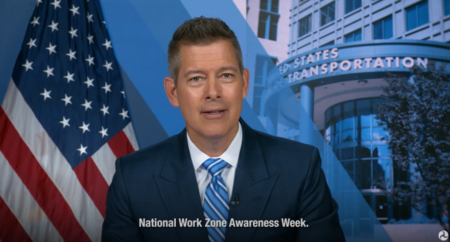Transport policy and research organization the RAC Foundation (RACF) has received almost half a million pounds of UK government funding to pilot new ways of investigating road crashes and analyzing incident data.
The £480,000 (US$632,600) of government funding will be spent on helping selected police forces to recruit additional staff to collect and collate collision data, which will then be analyzed to identify and understand common themes and patterns that result in death and injury on the public highway. The insight could then help shape future policy making. Currently, the priority of police forces is to investigate crashes with the intention of identifying criminal culpability and bringing individuals to account.
In 2016, there were 1,792 reported road deaths in the UK, an increase of 4% compared with 2015, and the highest annual total since 2011. However, there were 44% fewer fatalities in 2016 compared with 2006. In 2016, there were also 24,101 people seriously injured on the country’s roads. The underlying causes for many of these crashes is unknown due to insufficient data for detailed analysis. The RAC Foundation has campaigned for a different approach to crash investigation for many years and has published a number of papers on the subject. The Foundation presents a large amount of independent and authoritative research with which it promotes informed debate and advocates policy in the interest of the motorist.
“We are keen to seize the opportunity to work with the Department for Transport (DfT), the police and others to explore the scope for learning more about the causes of the road crashes that continue to blight, and curtail, so many lives, in particular to establish the practicalities, costs and full benefits of tackling and pre-empting them more effectively, commented Steve Gooding, director of the RAC Foundation. “This project is aimed at testing whether there is value to be gained from taking a different, systematic, national approach to the analysis of road crash data, drawing on the best practice of the Accident Investigation Branches (AIB) for rail, maritime and aviation.”
Gooding continued, “However, roads are very different to other modes; sadly the numbers involved mean that detailed investigation of every single crash on the road network would be impractical. The shape of each of the existing AIBs is tailored to the relevant sector, which tends to be an established industry with a ‘closed network’, whereas on roads, we are dealing with millions of individual drivers making tens of millions of trips daily; so simply replicating any of those existing models will not work. We will work alongside the DfT, Highways England, DVSA and the police to gather learning that will help inform government’s long-term strategy for road safety.”




